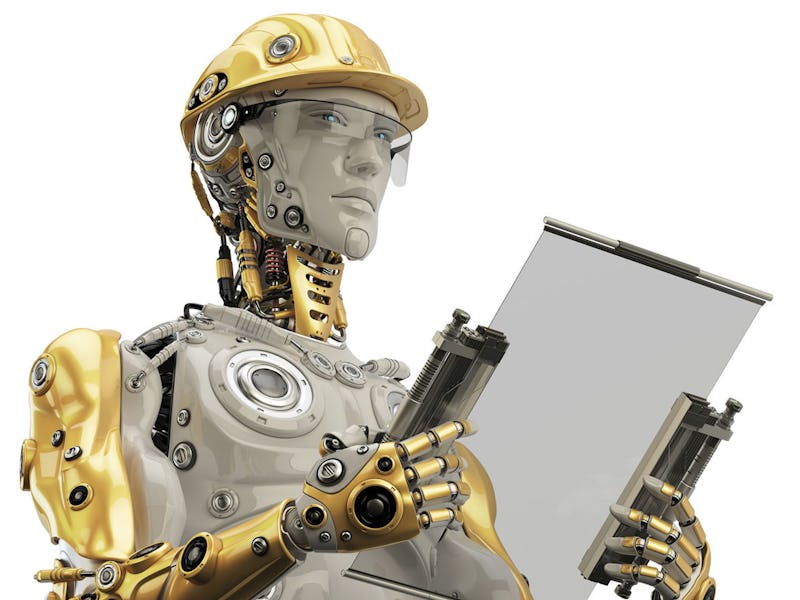A.I. Poised to Add Almost $16 Trillion to World Economy by 2030
That's...a lot of money.

Below the ongoing conversation about “robots stealing our jobs,” there’s a lot less over all the money to be made over such new technologies. By some estimates, the rise of A.I. is going to be a boon the world economy. Consultancy firm PricewaterhouseCoopers (PwC) released a report Wednesday forecasting a staggering 14 percent increase of the global gross domestic product by 2030 thanks to A.I. That value comes out to about $15.7 trillion — and much of it at the behest of China.
In fact, the biggest country in the world will be responsible for $7 trillion — a little over one-fourth — of the total value over the next 13 years. The report argues that China’s economy, which is fiercely supported by manufacturing, will likely use A.I. to increase productivity. This swell won’t occur until the mid-2020s, but when it finally hits, A.I. technologies will put manufacturing into overdrive. China will almost certainly be exporting those technologies to the rest of the world as well.
“The mindset today is man versus machine,” said Anand Rao, an A.I. researcher at PwC at a briefing at the World Economic Forum’s Annual Meeting of the New Champions gathering in Dalian, China. “What we see as the future is man and machine together can be better than the human.”
Rao added, “The impact of AI on China will be huge and greater even than the impact on the U.S.”
North American countries should contribute about $3.7 trillion in A.I. related growth. PwC believes that North Americans will contribute to the economic boost based on the incorporation of A.I. system into more and more consumer products, as well as the adoption of A.I. technologies by big industries.
PwC takes into account a broad spectrum of applications that fall under the A.I. fold, including: automate intelligence (which executes tasks autonomously), assisted intelligence (which increases the performance of people); augmented intelligence (which provides more tools for people to make better decisions) and autonomous intelligence (which makes decisions on its own). The report predicts that each of these four areas will contribute in various ways to advancing labor productivity.
That’s very welcome news for economists, who are currently puzzled by the low global productivity growth deluging the entire world right now. A.I. might be the solution to getting out of this mess.